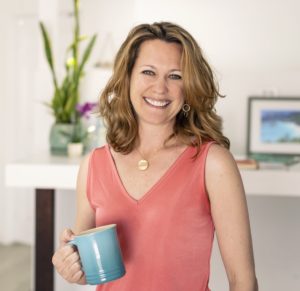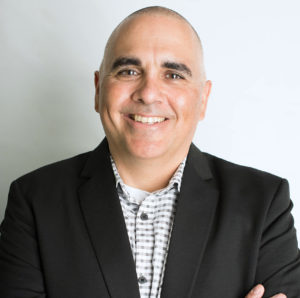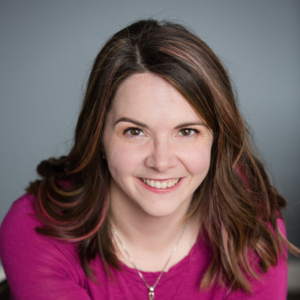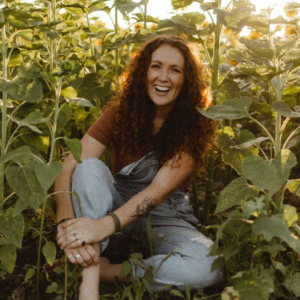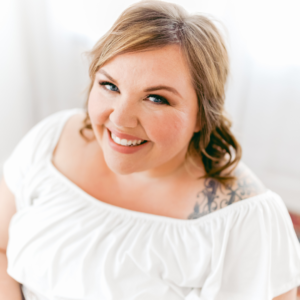My guest today is Gertrude Nonterah, also known as Gee – a former medical scientist turned health content writer, podcaster and YouTuber who loves to help bloggers and writers create stellar content and build profitable businesses.
So just to give you some perspective, I had this conversation with Gee on February 26, 2020. I’m writing up the show notes on June 15th, recording this intro on June 16, and you’re listening to this on July 15. And I don’t think that I need to tell you that between February 26 and July 15th, the world changed in many, many ways and is continuing to transform.
And the advice Gee shares in this episode is not only powerful, but timeless. Like, if you ever needed a pep talk to keep going when you things feel hard, you gotta listen all the way to the end of this episode.
Gee and I talk about:
- Her journey from a medical scientist with a side-hustle to full-time freelancer.
- How to create an “unemployment insurance policy” for yourself.
- Ways Gee found her first clients that you might not have considered.
- The one thing your LinkedIn profile must have.
- Why you don’t have to have a portfolio to get clients (and what to do instead).
- How to predict your results (even if you’ve never done the thing before).
- How to start making money now while you work on scaling.
- Gee’s strategy for building an audience.
- Her best advice for you if you’re struggling to grow your side hustle.
- The one belief Gee had to change about herself to get where she is today.
My favorite quotes from Gee:
- “Even if you think you're never going to get laid off, even if you think your industry is waterproof that nothing can ever touch it. There's nothing wrong with experimenting with things that you're interested in and turning that into something that pays. You just never know.”
- “Don’t discount your local businesses who want to pay you money for the services that you offer as a freelancer.”
- “The most powerful thing is you need to tell people what to do.”
- “I leveraged my blog and my social presence as proof of what I could do for my clients.”
- “Taking action really brings clarity.”
- “I'm going to be the person that I am just a few steps ahead of the people that want to do what I'm doing and I'm going to tell them how I got there.”
- “You have to rise up and tell yourself that you are worth it and you can do this and you're smart. And there's nothing that if you put your mind to do that, you cannot do.”
Resources mentioned in this episode:
- Smart Passive Income
- Entrepreneur on Fire
- Side Hustle Nation
- Create and Prosper Show
- 10 top profitable freelance writing niches
Bio:
Gee Nonterah is a former medical scientist turned health content writer, podcaster and YouTuber. She loves to help bloggers and writers create stellar content and build profitable businesses. When she is not creating, Gee loves to watch spy movies.

